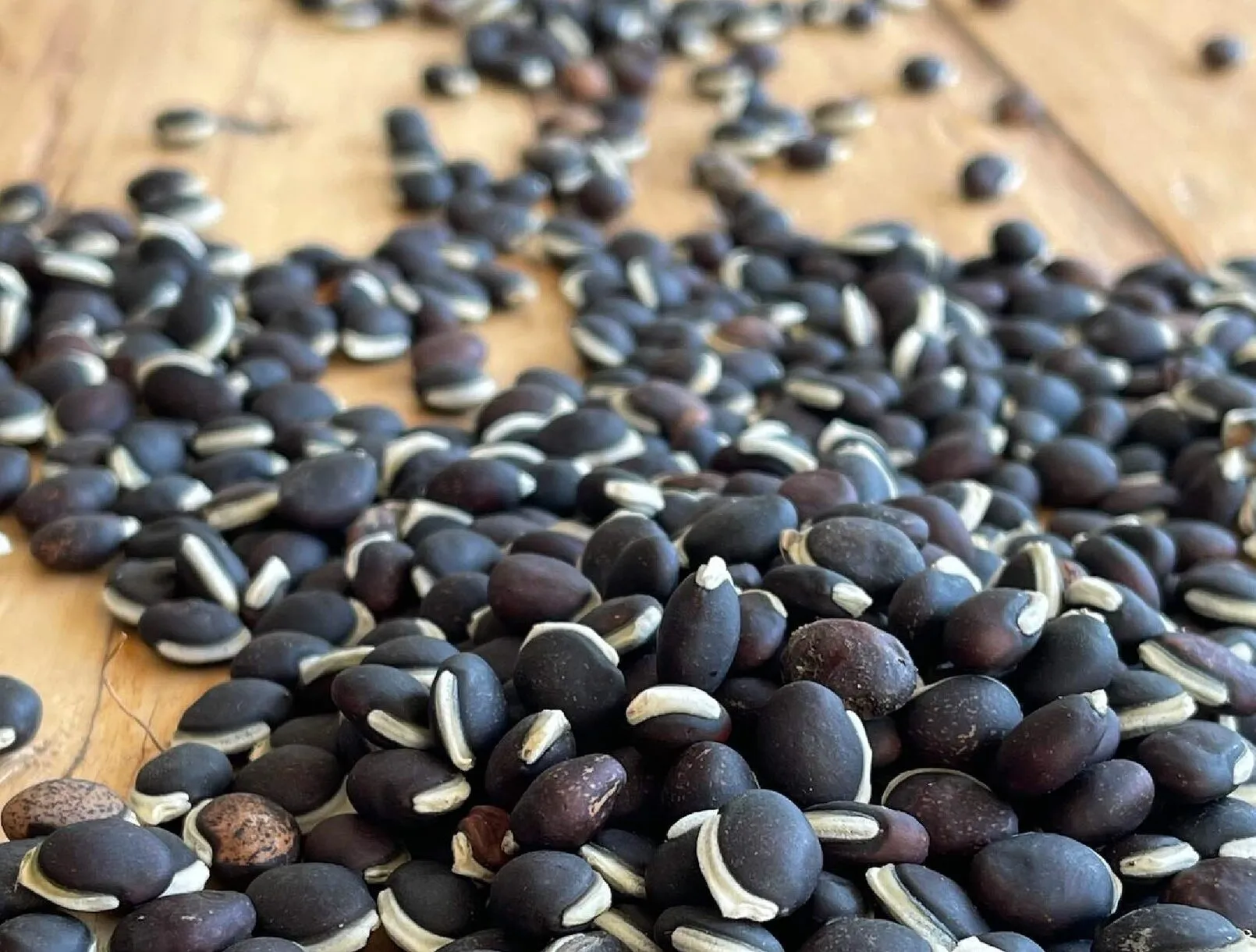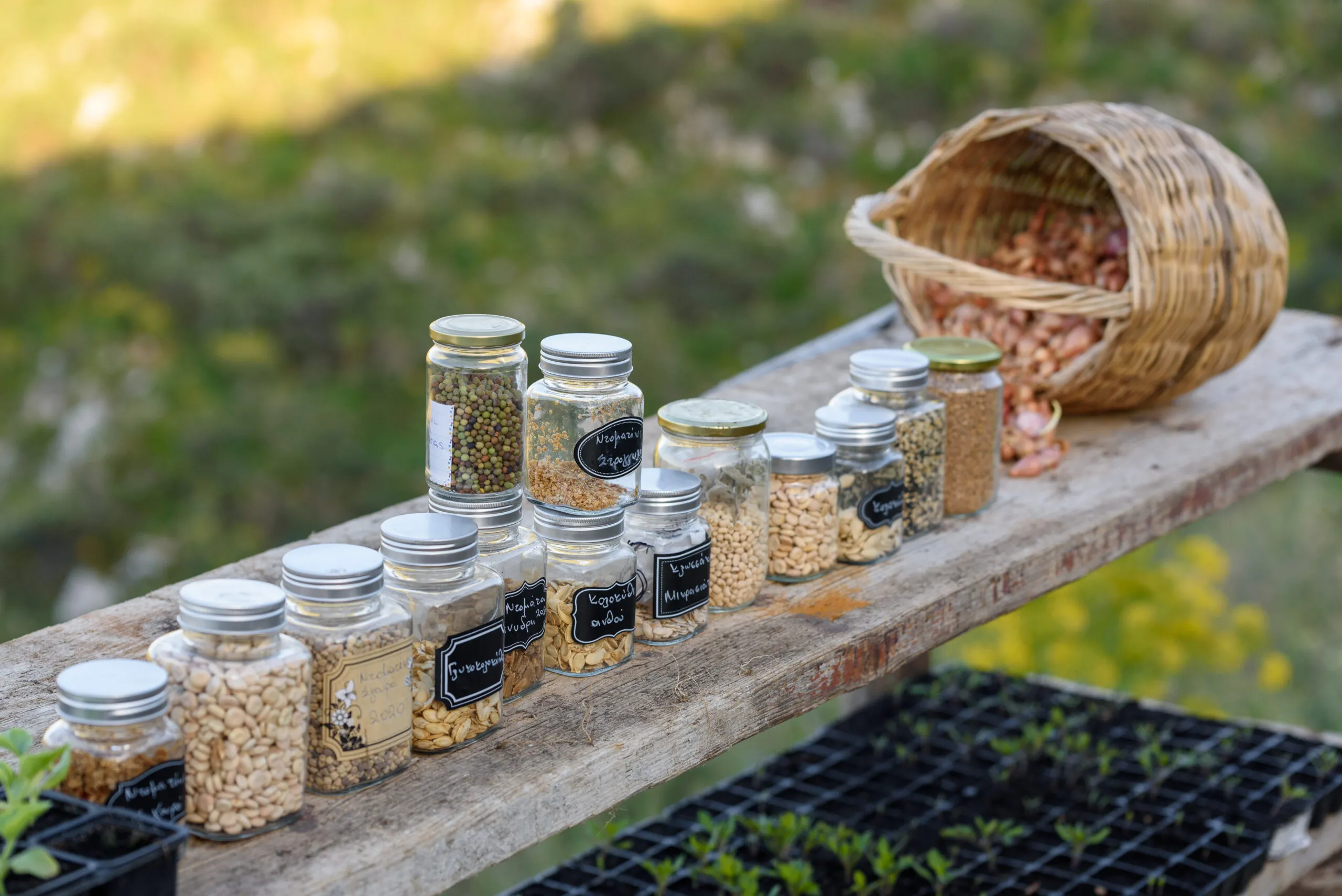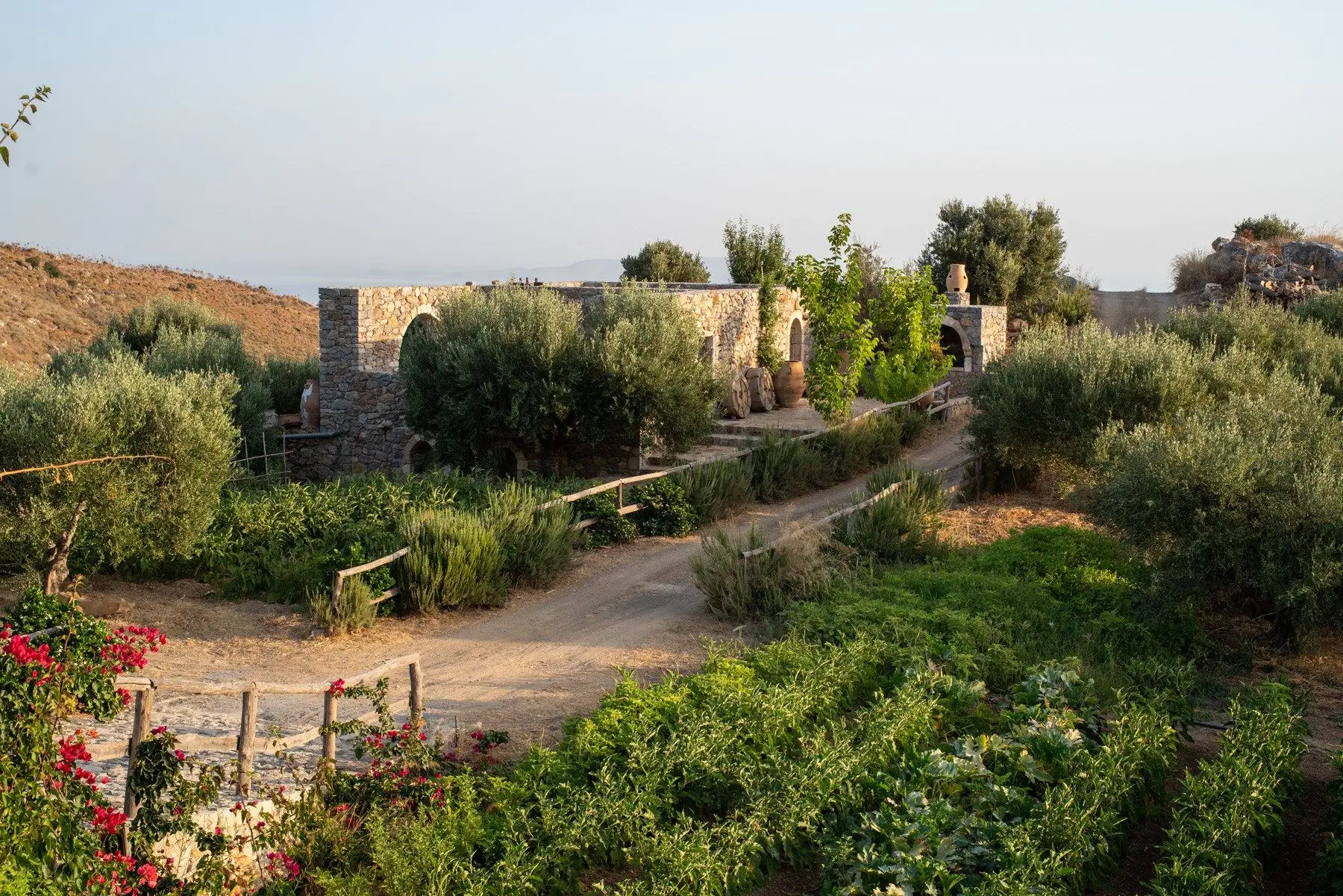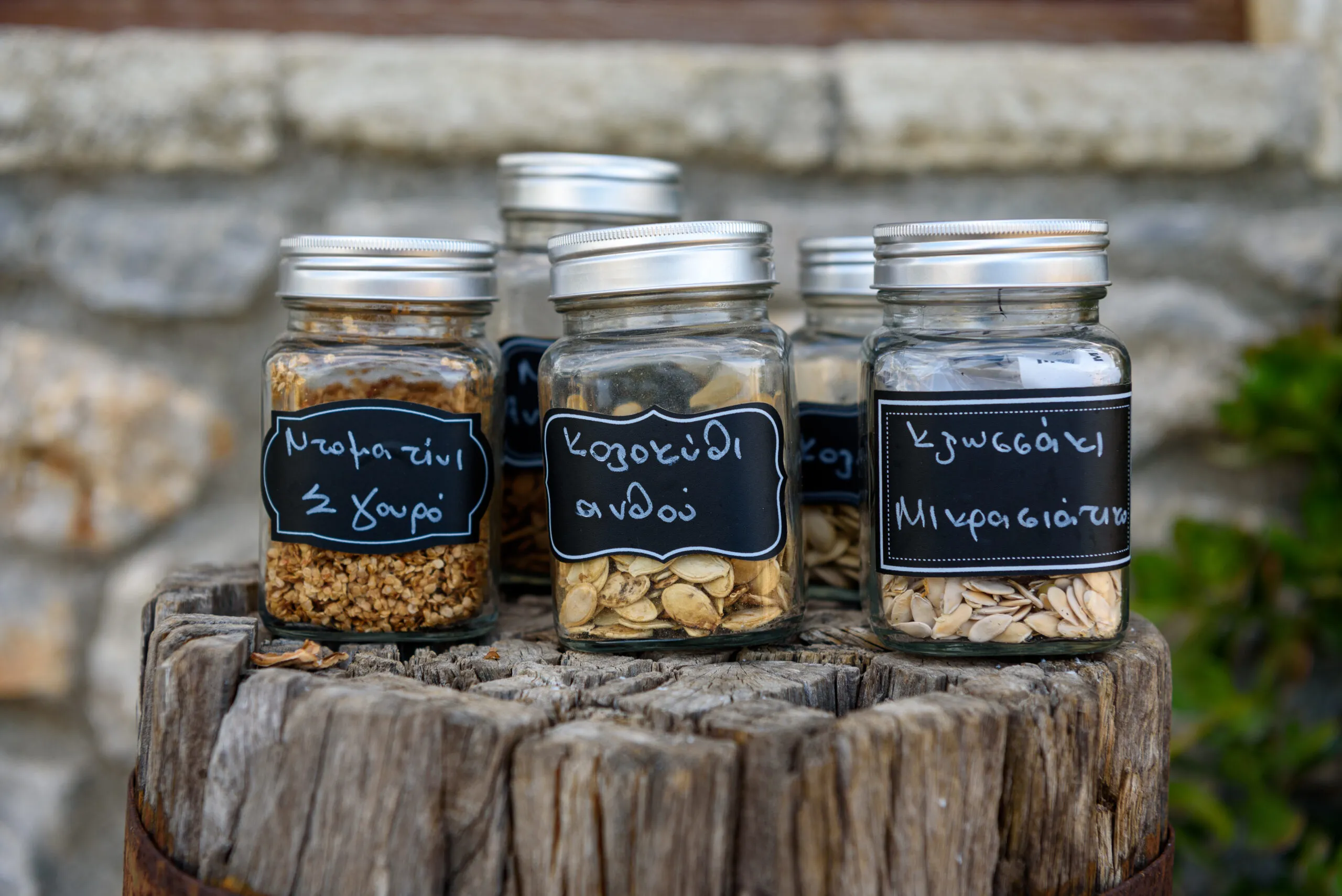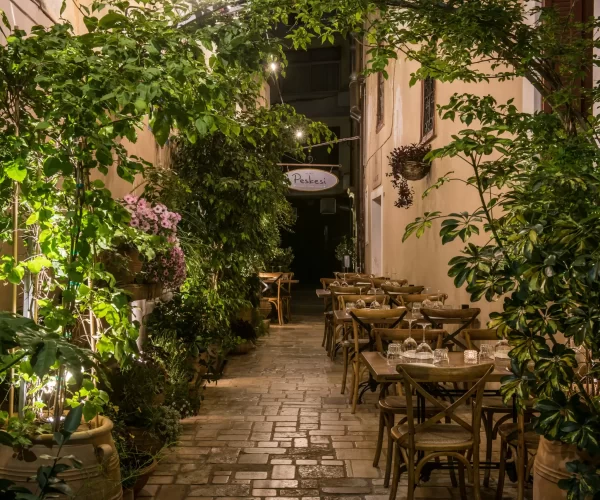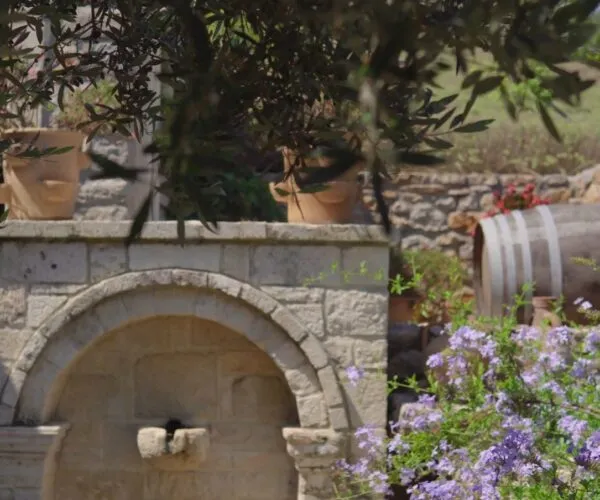Local varieties and traditional seeds of Crete are inextricably bound to the island’s history and identity, forming a living treasure that continues to shape people’s lives while enriching local gastronomy and culture. Since time immemorial, these seeds have embodied the wisdom of nature, human ingenuity, and a profound connection to the land. Each variety and seed tells a story of adaptation and evolution that highlights the distinctive character of Cretan nature and society.
Cretan Seeds and Local Varieties
The cultivation of local varieties in Crete has deep roots in the island’s history. Cereals such as “mavragani” and “zea”, legumes like “manarolia”, and beans known as “azogyres” have been grown for centuries, gradually adjusting their genetic makeup to Crete’s unique climatic and geological conditions. Like other traditional varieties, they stand out for their nutritional value, excellent flavor, and resilience under extreme conditions. Acting as a protective shield against environmental changes, they make a decisive contribution to agricultural resilience and help ensure food security.
These local varieties are powerful tools for sustainable farming, but they also represent a profound and enduring bond between the people of Crete and their land. Passed down from one generation to the next, these seeds offer not only nourishment but also carry stories, traditions, and values. Their exchange among farmers is an act of solidarity and social cohesion—strengthening community ties and fostering cooperation.
Fair Allocation of Resources
Food resilience and “food democracy” are closely tied to the use of traditional varieties. Their genetic diversity protects crops from diseases and environmental challenges, thereby supporting resilient farming systems, enhancing community self-sufficiency, and providing steady access to quality food. At the same time, they enable communities to manage their own seeds, bolstering their autonomy and ensuring the fair distribution of resources. By cultivating these varieties, farmers maintain the freedom to define their own practices while staying closely connected to their land and traditions.
A Strong Bond with the Land
The people of Crete have a deep-rooted connection to their land, evident in their daily lives, practices, and values. The cultivation of traditional varieties expresses this relationship, combining knowledge from the past with the needs of the present and the challenges of the future. Cretans view the land not merely as a means of production but as a living organism that demands care and respect. The seeds they grow reflect this philosophy, acting as carriers of life, memory, and culture.
Preserving these local varieties is not just a concern for Crete alone. The island’s traditional seeds can serve as a model for sustainable agricultural practices worldwide. Their resilience, quality, and adaptability offer solutions to critical challenges like climate change and food security. In addition, they promote a form of agriculture that works in harmony with nature rather than exploiting it, providing a blueprint that other communities can adopt.
Our Contribution
Aligned with this philosophy, Peskesi has taken an active role in preserving and showcasing Crete’s traditional varieties. On our farm, we cultivate local seeds using organic practices that safeguard their genetic diversity and resilience. We collect and store these seeds, creating a “bank” that serves as a legacy for future generations, and we distribute them free of charge to anyone who wishes to participate in this collective effort. Meanwhile, through educational programs and awareness-raising activities, we strive to increase understanding of the value these local varieties hold. For us, cultivating these seeds is not just an act of conservation—it is a commitment to the future.
At Peskesi, we are actively involved in preserving this heritage. For us, every seed is a link that unites the past with the future, ensuring a sustainable world for generations to come.
